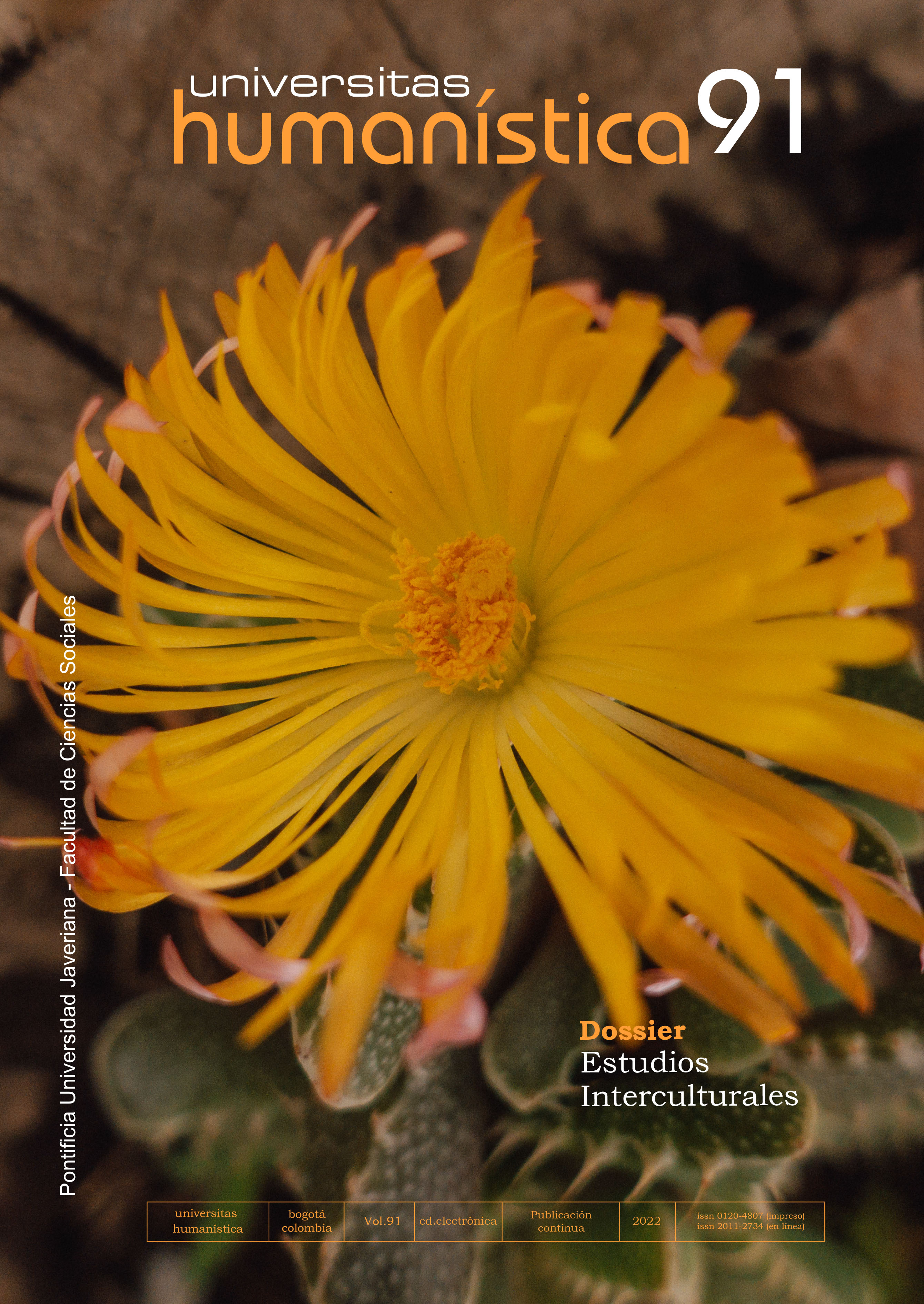Resumen
El artículo presenta un ejercicio de reflexión, cuyo propósito es cuestionar, en términos políticos, éticos y epistémicos, el lugar de enunciación geográfico/territorial enmarcado en el Sur Global, planteado desde los estudios culturales a las ciencias sociales y humanas, en la última década, como eje conceptual para avanzar en la comprensión de los fenómenos sociales. Se realiza un recorrido por la noción de territorio, configurado como un espacio no limitado geográficamente, sino como un campo de disputas en torno al conocimiento científico y la configuración simbólica del mundo. De manera particular, se exploran las formas de nombrar lo que hoy conocemos como Latinoamérica: Indoamérica, Abya-Yala, Améfrica y Ñamérica, con la intención de explorar cómo estos modos de enunciación hacen visibles nuevas u otras formas de conocimiento invisibilizadas y la razón por la cual se distancian de Iberoamérica para ciencias como la bibliotecología y la Ciencia de la Información.
Bozzano, H. (2009). Territorios posibles. Procesos, lugares y actores. Lumiere.
Caparrós, M. (2021). Ñamérica. Random House.
Carrera, B., y Ruiz, Z. (2016). Prólogo. En, Abya Yala Wawgeykuna. Artes, saberes y vivencias de indígenas americanos (pp. 12-17). https://rio.upo.es/xmlui/handle/10433/5226
De la Torre, H. (2008). Indoamérica. Comisión del Centenario del Nacimiento de Víctor Raúl Haya de la Torre. http://www.pueblocontinente.com/libros/obrasescogidas_tomo1.pdf
De Sousa Santos, B. (2011). Epistemologías del Sur. Utopía y Praxis Latinoamericana, 16(54), 17-39. https://produccioncientificaluz.org/index.php/utopia/article/view/3429
Duque-Cardona, N., Restrepo-Fernández, M. C., y Yepes-Velásquez, S. (2021). Lenguaje, memoria e información: un acercamiento a las categorías del núcleo duro de la bibliotecología y la Ciencia de la Información (CI) latinoamericana. En F. Carneiro-Garces y N. Duque-Cardona, Epistemologias latinoamericanas na biblioteconomia e ciencia da informacao: bibliotecas desde Abya-Yala e as sociedades e culturas na perspectiva Sul (pp. 41-65). Rocha Editora. Selo Nyota. https://www.nyota.com.br/_files/ugd/c3c80a_5d720b4c13d04502a62178fb87ae7678.pdf
Duque-Cardona, N., y Restrepo-Fernández, M. C. (2021). Bibliotecología para América Latina y el Caribe: propuesta teórica y filosófica para la discusión. Liinc Em Revista, 17(2), e5727. https://doi.org/10.18617/liinc.v17i2.5727
Escobar, A. (2014). Sentipensar con la tierra: nuevas lecturas sobre el desarrollo: territorio y diferencia. Flacso.
Gonzalez, L., Cabanzo Chaparro, M. P., y Daniel, C. (2021). La categoría político-cultural de amefricanidad. Conexión, (10)15, 133-144. https://revistas.pucp.edu.pe/index.php/conexion/article/view/24056
Haesbaert, R. (2016). De la multiterritorialidad a los nuevos muros: paradojas contemporáneas de la desterritorialización. Locale, 1(1), 119-134. https://doi.org/10.14409/rl.v1i1.6267
Phelan, J. L. (1968). Pan-Latinism, French Intervention in Mexico (1861-1867) and the Genesis of the Idea of Latin America. En, Conciencia y autenticidad históricas. Escritos en homenaje a Edmundo O’Gorman (pp. 279-298). UNAM.
UNESCO. (1996). Declaración Universal de los derechos lingüísticos. Revista Iberoamericana de Educación, (13). https://rieoei.org/historico/oeivirt/rie13a12.htm

Esta obra está bajo una licencia internacional Creative Commons Atribución 4.0.
Derechos de autor 2023 Natalia Duque Cardona, Alderlan Wellington de Oliveira Silva


